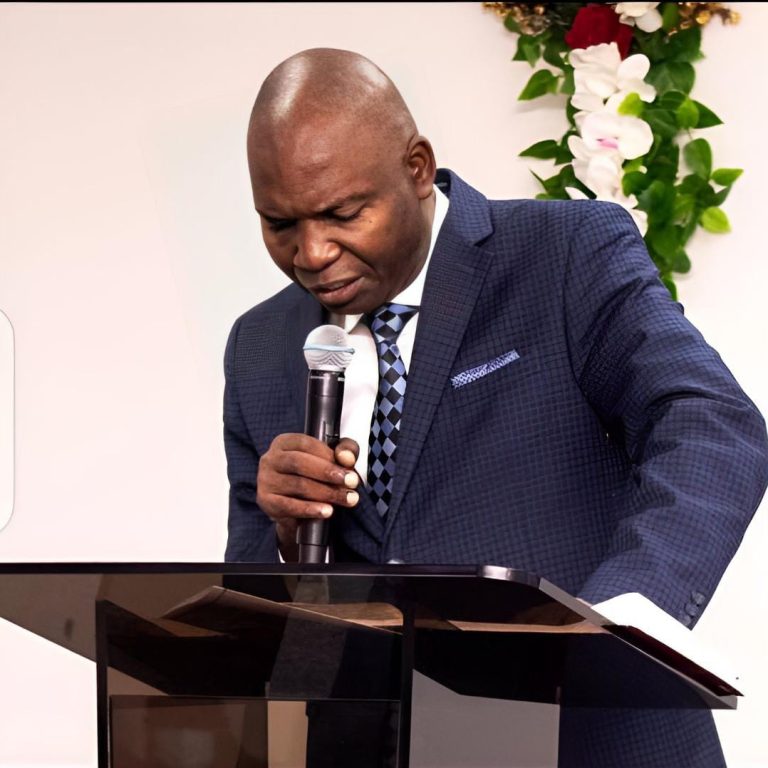
Introduction
In our fast-paced, modern world, finding moments of peace and spirituality can be challenging. The demands of work, family, and the constant barrage of digital distractions often leave little room for reflection and connection with our inner selves. However, prayer can serve as a powerful anchor amidst the chaos. In this article, we’ll explore practical tips and strategies to help you maintain a prayerful life even in the busiest of times.
Prioritize Your Spiritual Well-being
In the hustle and bustle of daily life, it’s easy to relegate prayer to the back burner. To make prayer a consistent part of your routine, prioritize it. Schedule specific times for prayer, just as you would for important meetings or tasks. Treat your spiritual well-being with the same respect as your physical health.
Create a Sacred Space
Designate a quiet, peaceful corner of your home as your sacred space for prayer. This doesn’t require a large area; even a small corner with a comfortable chair or cushion can suffice. The key is to create an environment that helps you disconnect from the outside world and fosters a sense of tranquility.
Embrace Short, Frequent Prayers
You don’t need long stretches of uninterrupted time to pray effectively. Short, frequent prayers throughout the day can be just as meaningful. Utilize moments during your commute, lunch break, or waiting in line to offer a quick prayer of gratitude or supplication.
Incorporate Mindfulness
Prayer and mindfulness go hand in hand. Engage in mindful breathing exercises or meditation to quiet your mind before prayer. This practice can help you enter a more contemplative and receptive state.
Use Technology Wisely
While technology often contributes to our busy lives, it can also be a valuable tool for prayer. Download prayer apps or subscribe to daily prayer emails to receive reminders and guidance. These digital resources can help you stay connected to your faith even when your schedule is jam-packed.
Simplify Your Prayers
You don’t always need elaborate, scripted prayers. Speak from your heart, in your own words. Simplicity can make prayer feel more accessible and personal. Express your thoughts, gratitude, and concerns honestly and sincerely.
Engage in Group Prayers
Participating in group prayers or attending religious services can be a respite from the demands of your daily routine. These communal experiences can provide spiritual support and reinforce your commitment to prayer.
Learn to Let Go
Accept that there will be days when your schedule is overwhelmingly busy. On such days, don’t berate yourself for missing a prayer session. Instead, practice self-compassion and remind yourself that prayer is a journey, not a rigid obligation.
Reflect and Adapt
Regularly evaluate your prayer routine and be willing to adapt it as your life evolves. What worked for you in the past may not be suitable for your current circumstances. Be flexible and open to new approaches to prayer.
Conclusion
In our bustling world, the practice of prayer can be a source of solace, guidance, and strength. By prioritizing your spiritual well-being, creating sacred spaces, and embracing simplicity and mindfulness, you can maintain a prayerful life even in the busiest of times. Remember that prayer is a personal journey, and your efforts to connect with the divine, no matter how brief, are meaningful and significant.













